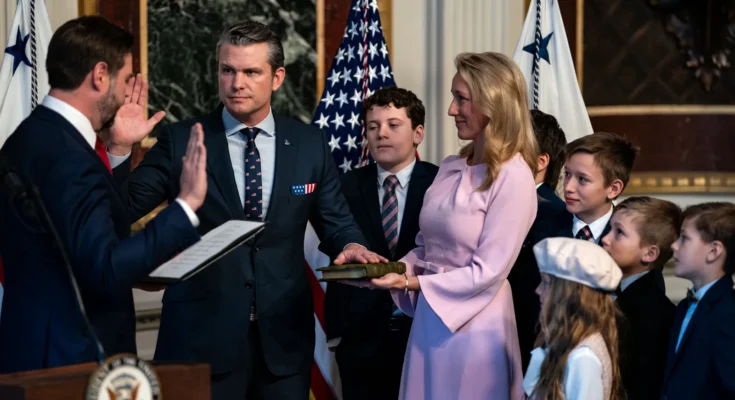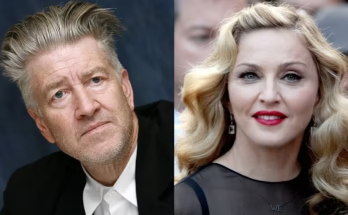Pete Hegseth, a veteran of the Army National Guard and former Fox News host, has officially become the U.S. Secretary of Defense. His confirmation came after a contentious vote in the Senate, where Vice President JD Vance cast the tie-breaking vote. The confirmation was marked by divisions within the Republican Party, with Senators Susan Collins, Mitch McConnell, and Lisa Murkowski opposing the nominee. This vote, which barely passed, was the closest in history for a Defense Secretary, as previous nominees have traditionally received overwhelming support.
Hegseth’s confirmation was controversial, with critics pointing out his lack of experience in high-level military or political roles. During his confirmation hearings, he struggled to answer several key questions about his qualifications for the position. His past, marked by allegations of sexual misconduct, financial mismanagement, and regressive views on women in the military, was also scrutinized. Despite these challenges, Hegseth maintained that he was the victim of a media smear campaign and continued to deny the allegations leveled against him.
Several senators, including Murkowski, voiced serious concerns about Hegseth’s character and qualifications for the position, highlighting the importance of having a Defense Secretary who upholds the standards expected of military leaders. For instance, Murkowski stated that Hegseth’s behavior posed “significant concerns” and questioned whether he could be trusted with such an important role. Similarly, Collins and McConnell expressed doubts about his experience, with McConnell emphasizing that the military must remain free from political interference and that leadership should not be swayed by culture wars.
Hegseth, however, defended his lack of traditional qualifications by presenting himself as an outsider who could bring much-needed change to the Pentagon. He claimed that his lack of ties to defense contractors or established narratives would allow him to reform the department with a fresh perspective. This narrative, however, did little to assuage concerns regarding his controversial views on gender roles in the military and his dismissive stance on the problem of white supremacy within the armed forces. Hegseth has been vocal in criticizing diversity, equity, and inclusion initiatives, which he believes undermine military strength.
In addition to his contentious views, Hegseth’s personal life has attracted significant attention, particularly his three marriages and accusations of infidelity and abuse. These aspects, along with the allegations of sexual misconduct, have made his confirmation one of the most divisive in recent history. Despite these controversies, former President Donald Trump praised Hegseth’s confirmation, stating that winning was the most important aspect, though the political fallout surrounding his approval is likely to persist.
Hegseth’s confirmation marks a significant moment for the Pentagon and could lead to major shifts in military leadership. His views on military culture and leadership align closely with Trump’s broader political agenda, particularly his stance on “woke” policies and extremism. The coming months will reveal whether Hegseth’s tenure as Defense Secretary will meet the expectations of those who supported him or if the controversies surrounding his past will overshadow his leadership.



